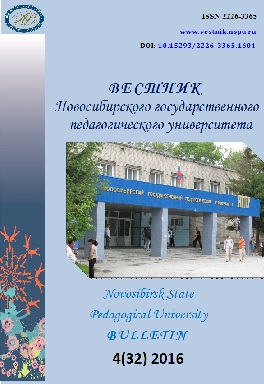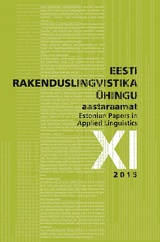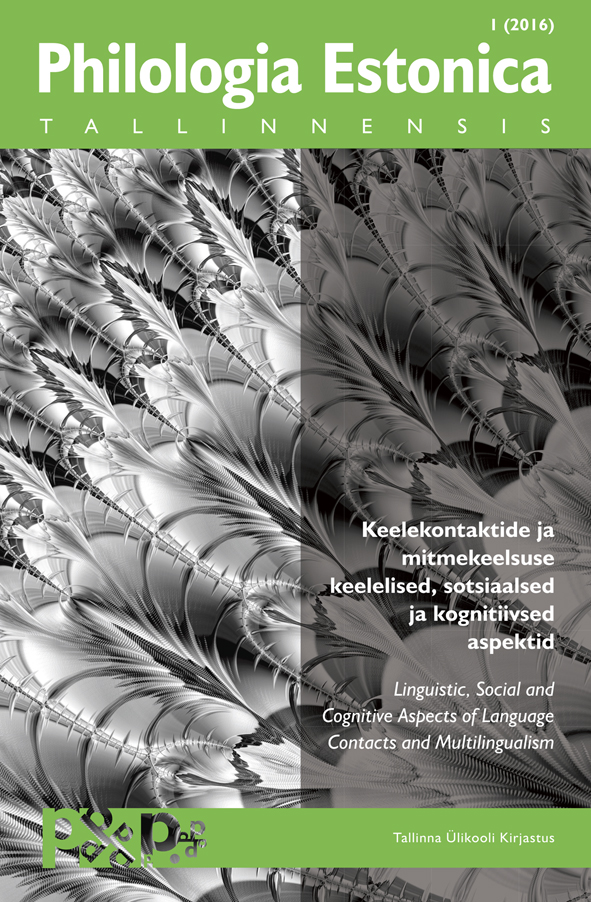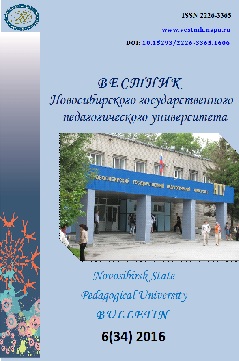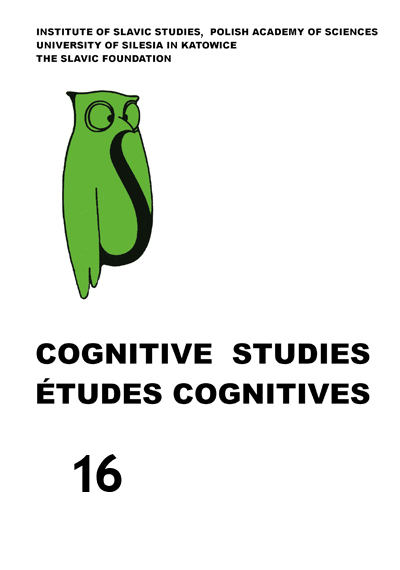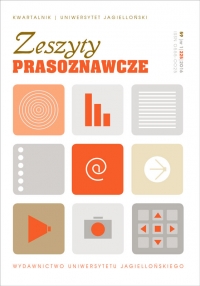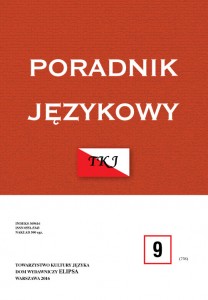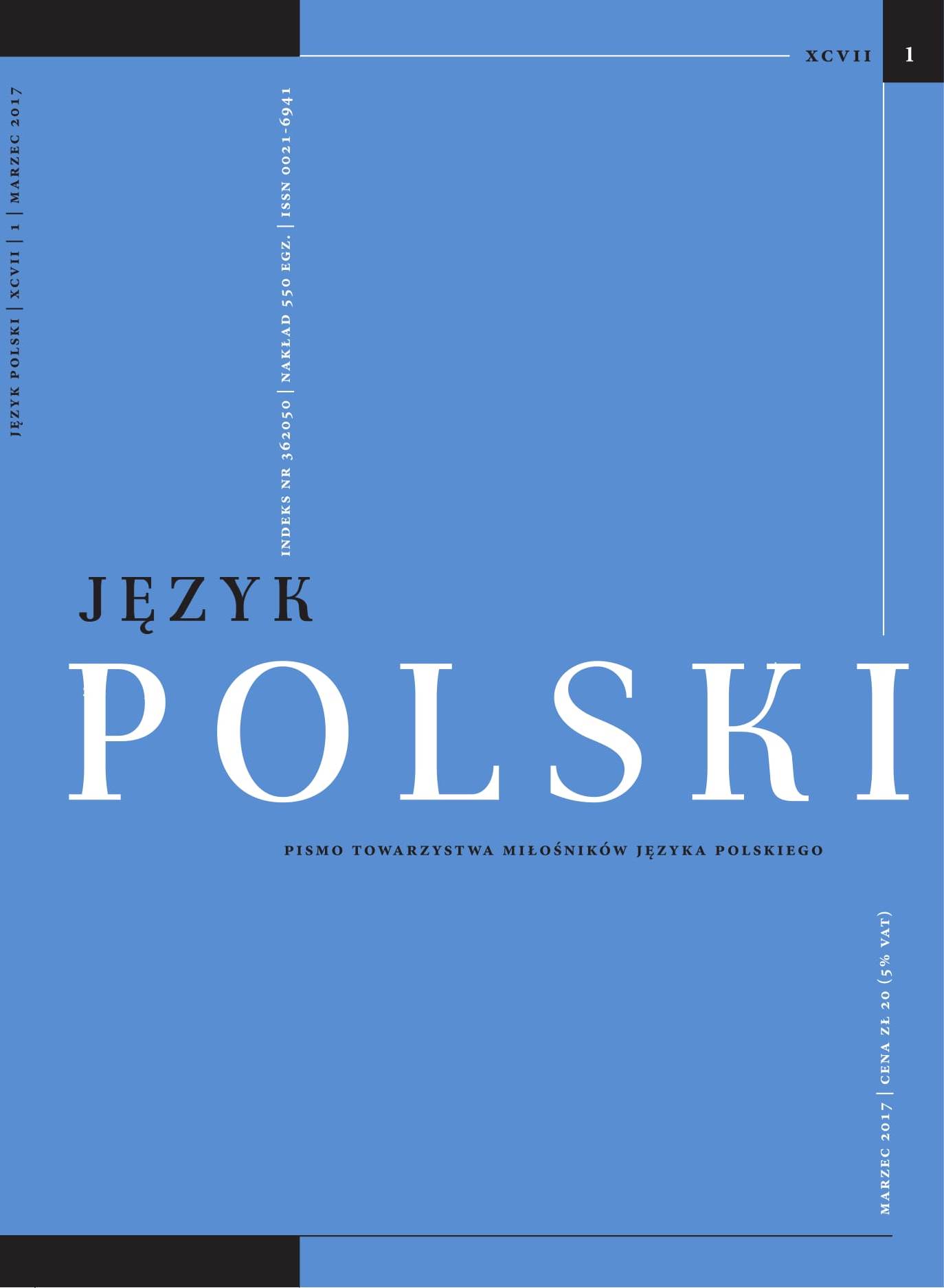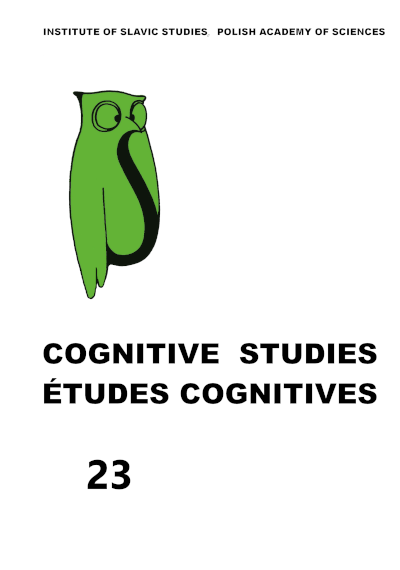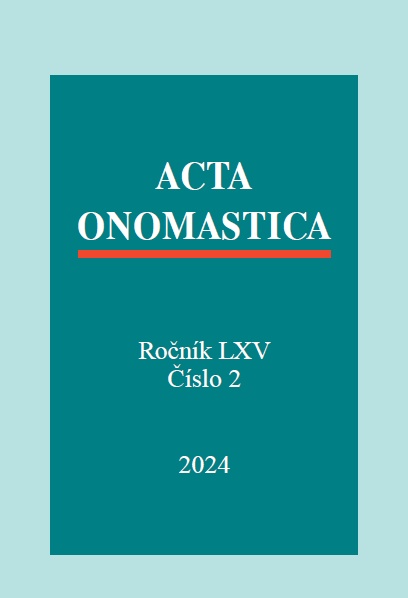Prevoditelji znakovnoga jezika – kako ih vide korisnici usluge prevođenja
The aim of this preliminary study was to examine the attitudes of deaf, hard-of-hearing, and deaf-blind people towards Croatian Sign Language (HZJ) interpreters in relation to their linguistic competence, ethics, and behavior during the interpreting process, as well as the personal characteristics of the interpreter. The study examined attitudes toward ethical standards that should be respected during interpreting to a deaf or hard-of-hearing person, especially in contexts where interpreting for deaf-blind persons with dual sensory impairment is carried out. Users of a sign language interpreter did express the importance of the quality of the interpreter and the interpreting process. They want a professional expert, implying a high level of competence in at least two languages (language skills and knowledge about the language), in our case HZJ and spoken Croatian. It is also necessary to have a good knowledge (theoretical and practical) of both cultures and strict adherence to the ethical principles of the profession. Since the tested groups of users of sign language interpreter services differ significantly in their answers, as determined by discriminant analysis and univariate analysis of variance, as well as post hoc analysis, this pilot study should serve as a basis for further, more detailed research on the relationship between interpreter service providers and recipients of those services – members of the deaf or deaf-blind community.
More...
